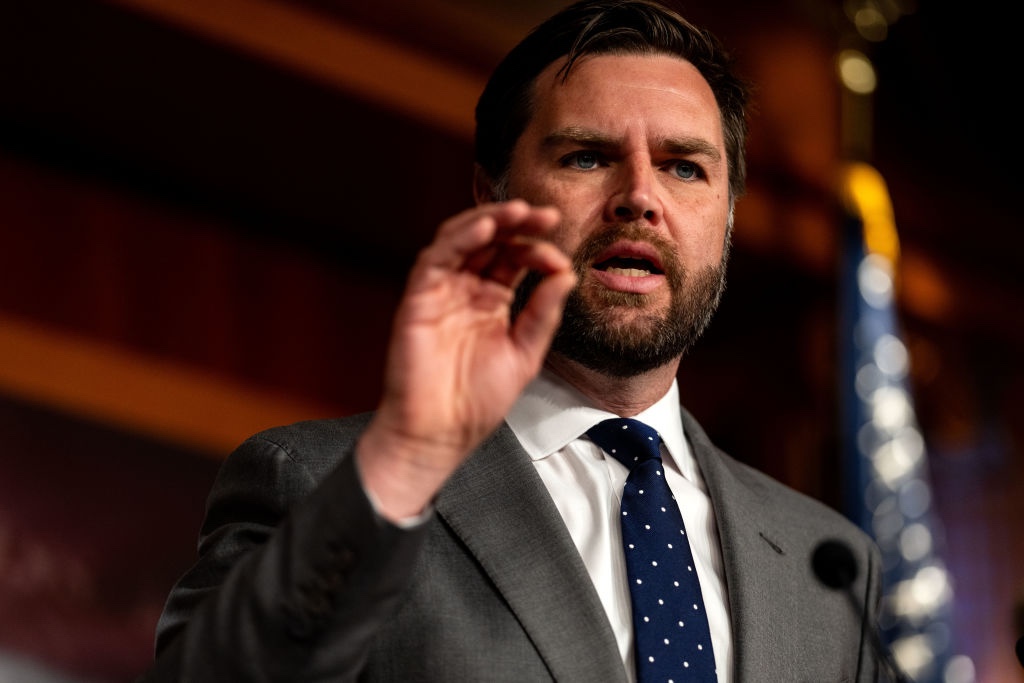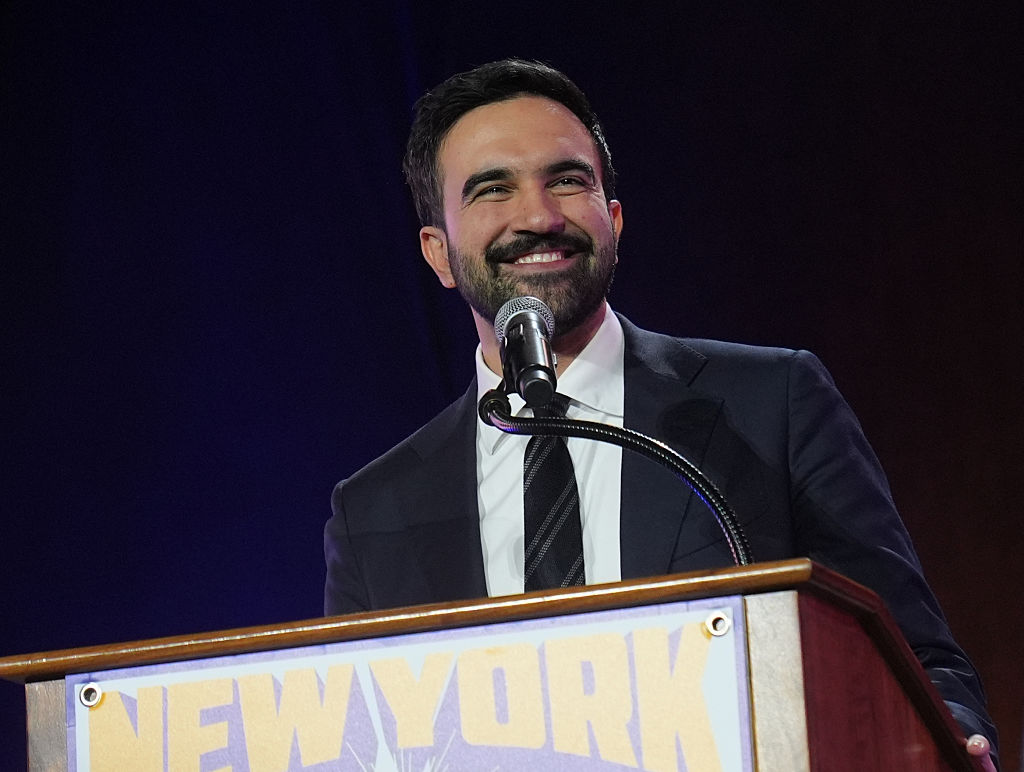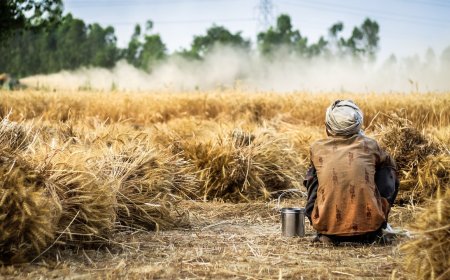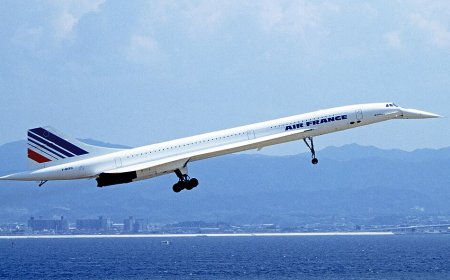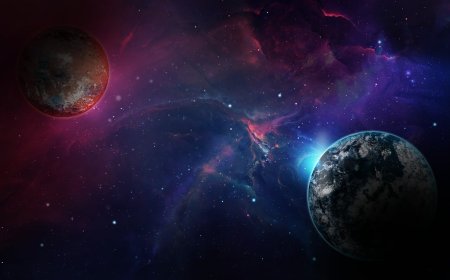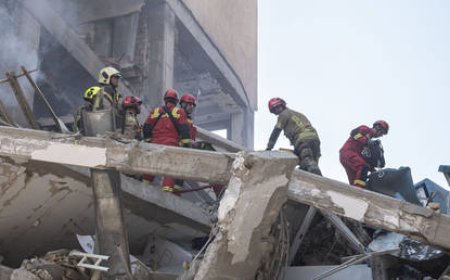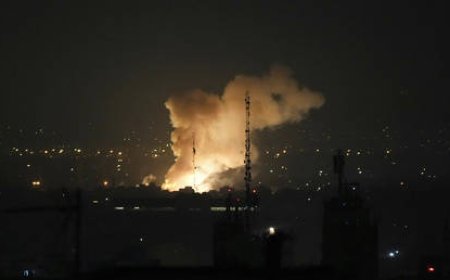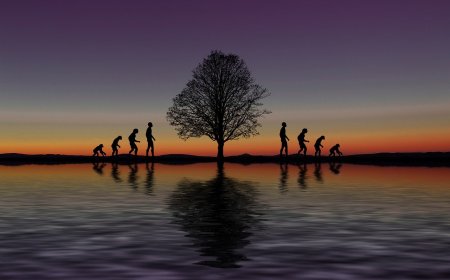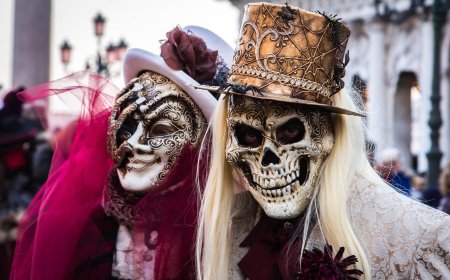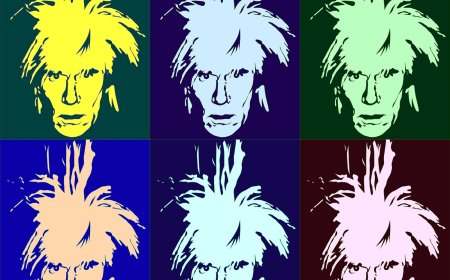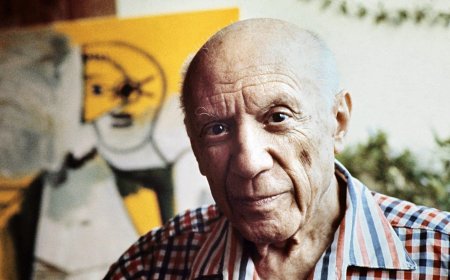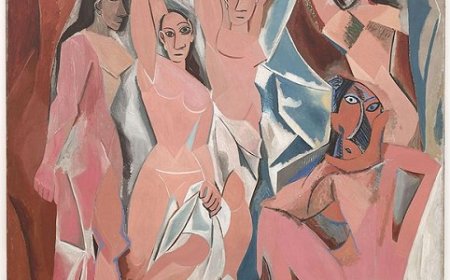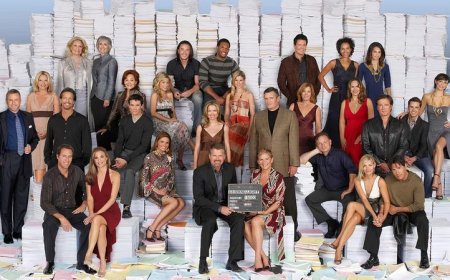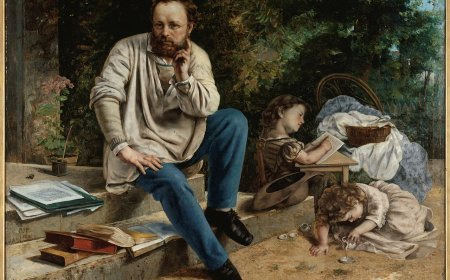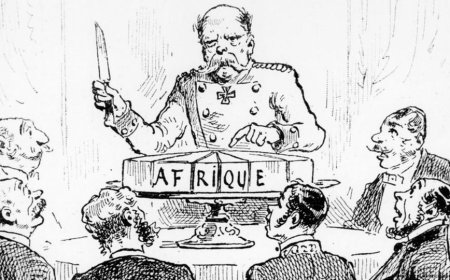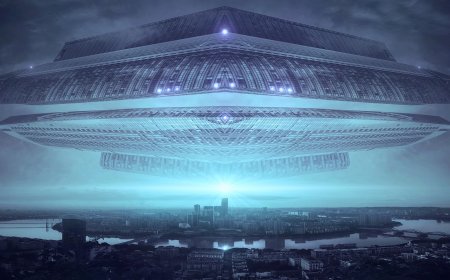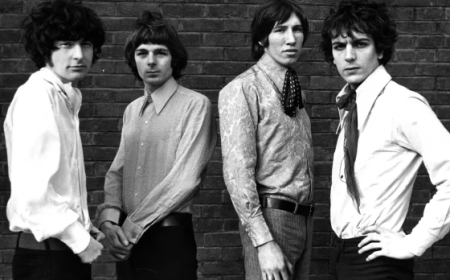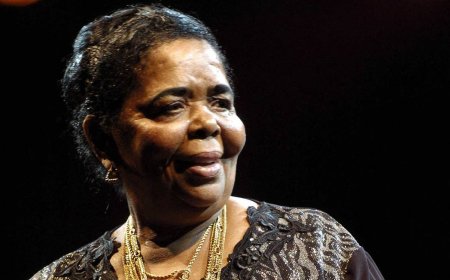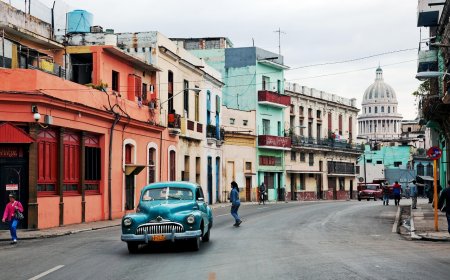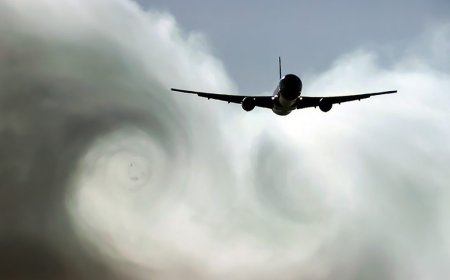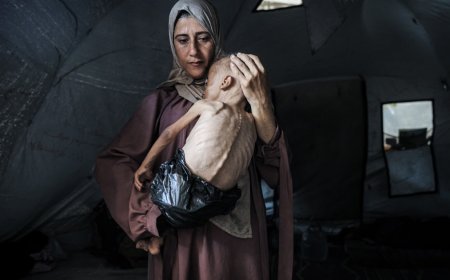The future you don't want to live in five essential books
We don't know what the future will be like. But we know how we don't want it to be.

Dystopian literature often serves as a cautionary reflection on the potential consequences of societal and political choices. Here are five of the most important novels about actual or future dystopias.
"Brave New World" by Aldous Huxley (1932):
Aldous Huxley's "Brave New World" envisions a future society where happiness is manufactured through genetic engineering, conditioning, and the use of a mind-altering drug called soma. The novel critiques a world obsessed with consumerism and hedonism, raising profound questions about the cost of sacrificing individuality for societal stability.
"1984" by George Orwell (1949):
George Orwell's "1984" is a seminal work that paints a chilling picture of a totalitarian regime where individual thought is suppressed, and reality is controlled by the state. The novel explores themes of surveillance, propaganda, and the erosion of truth, making it a timeless and cautionary tale about the dangers of unchecked governmental power.
"Fahrenheit 451" by Ray Bradbury (1953):
Ray Bradbury's "Fahrenheit 451" is a cautionary tale about a society that bans books to maintain control over its citizens. The novel explores the consequences of intellectual suppression and the role of censorship in stifling independent thought. Bradbury's work remains a poignant reminder of the importance of preserving intellectual freedom.
"The Handmaid's Tale" by Margaret Atwood (1985):
Margaret Atwood's "The Handmaid's Tale" presents a dystopian world where a theocratic regime has stripped women of their rights and turned them into reproductive vessels. The novel explores themes of gender oppression, religious extremism, and the fragility of human rights, offering a stark warning about the dangers of authoritarian rule.
"The Road" by Cormac McCarthy (2006):
Cormac McCarthy's "The Road" portrays a post-apocalyptic world devastated by an unspecified disaster. The novel follows a father and son as they navigate a desolate landscape, facing the moral and physical challenges of survival. "The Road" offers a bleak yet powerful reflection on the consequences of environmental and societal collapse.
These dystopian novels not only captivate readers with their compelling narratives but also serve as mirrors reflecting the anxieties and fears of the societies that produced them. Each work invites readers to contemplate the fragility of human civilization and the importance of safeguarding individual freedoms in the face of oppressive regimes and societal decay.
